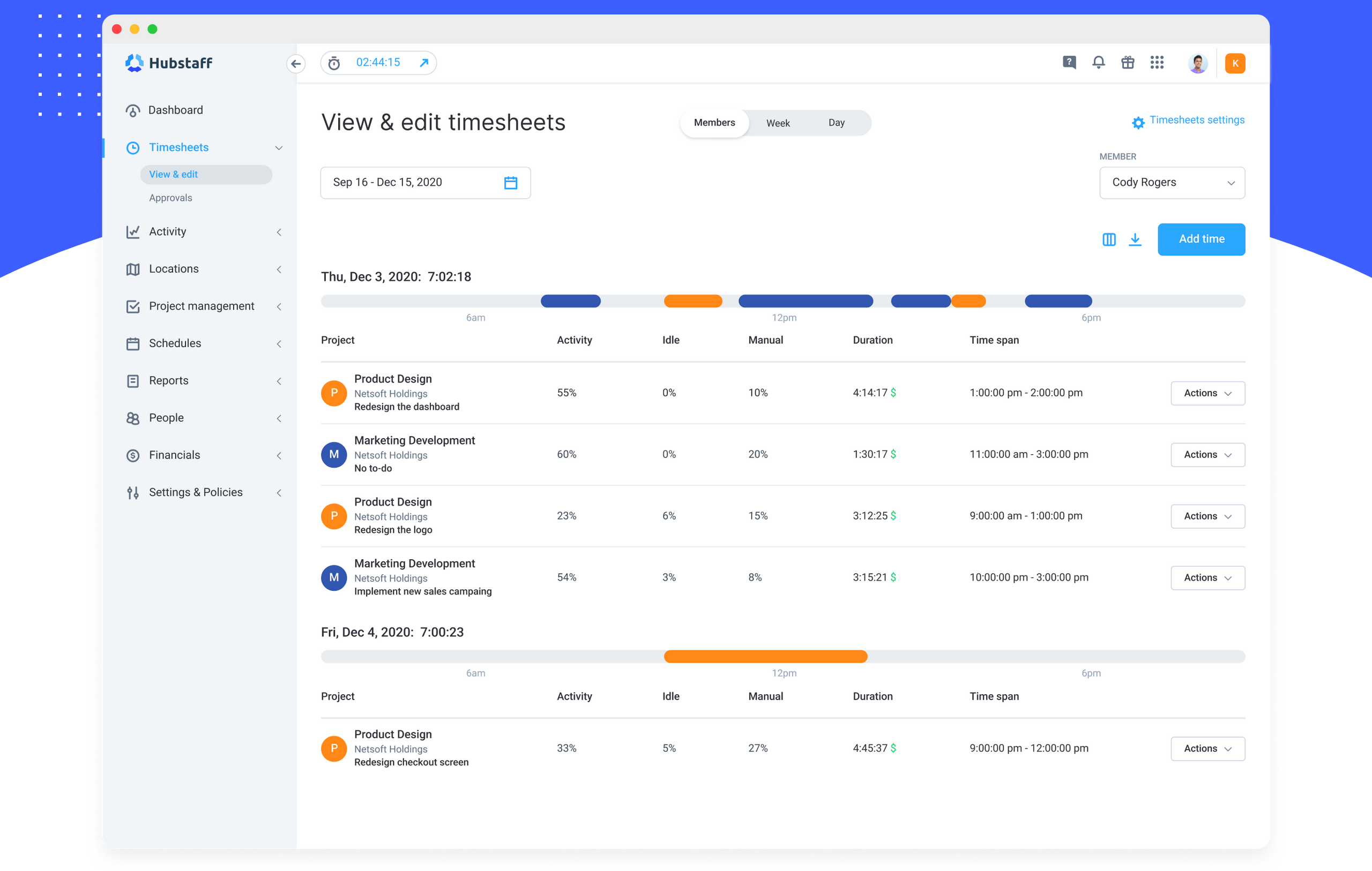The global time tracking software market is in a state of hyper-growth, but this expansion is not a uniform wave; a strategic analysis of the Time Tracking Software Market Growth Share by Company and by business model reveals a clear and fascinating bifurcation. The largest share of the market's growth, in terms of user volume and new customer acquisition, is being captured by platforms that have mastered a product-led growth (PLG) model, offering a simple, low-friction, and often free entry point. However, a significant share of the market's value growth is being captured by larger platforms that are successfully bundling time tracking as a feature within a broader project management or professional services automation (PSA) suite. This dynamic highlights a market that is expanding on two fronts: a massive long tail of SMBs and teams adopting simple, standalone tools, and a high-value enterprise segment consolidating time tracking into their core work management platforms. The Time Tracking Software Market size is projected to grow USD 18.17 Billion by 2035, exhibiting a CAGR of 16.5% during the forecast period 2025-2035. Understanding this split in growth capture is essential, as it underscores the competitive tension between best-of-breed simplicity and integrated platform convenience.
A disproportionately large share of the market's growth, when measured by the sheer number of users and new company logos, is being captured by the pure-play, PLG-focused time tracking specialists like Toggl Track and Clockify. Their growth is a direct result of their business model. By offering a powerful and user-friendly free version of their software, they have made it incredibly easy for any individual freelancer, small team, or department within a larger company to start tracking their time immediately, without a budget or a complex sales process. This bottom-up adoption model is incredibly viral. One team member starts using the tool, finds it valuable, and invites their colleagues, and soon the entire team is using it. At that point, the company often upgrades to a paid plan to get more advanced features like reporting and user management. This low-friction, viral growth engine has allowed these companies to acquire millions of users and a massive share of the SMB and mid-market segments, effectively commoditizing the basic function of time tracking and putting immense pressure on higher-priced competitors.
While the PLG specialists capture user volume, a significant and growing share of the enterprise-level revenue is being captured by the major work management and PSA platforms that have successfully integrated time tracking into their broader offering. For a company that is already running its entire product development process on Atlassian's Jira or its company-wide projects on Monday.com, the path of least resistance is to use the native time tracking functionality within that platform. The growth for these platforms comes from their ability to cross-sell and upsell their massive existing customer bases. They are capturing a larger "share of wallet" by providing a single, integrated platform for both managing work and tracking the time spent on it. This "bundling" strategy is a powerful force for growth, as it eliminates the need for their customers to procure and integrate a separate, standalone time tracking tool. This creates a clear bifurcation in growth capture: the pure-play specialists are winning the battle for new user acquisition with a simple, best-in-class product, while the large platform players are winning the battle for enterprise revenue by offering the convenience of a good-enough, integrated solution.
Top Trending Reports -
Germany Railway Cybersecurity Market



